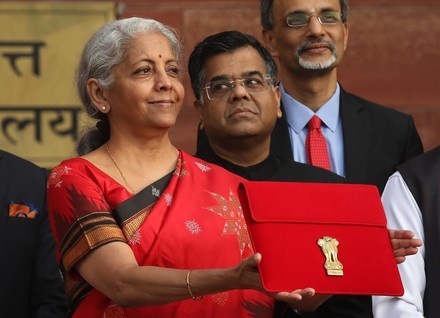|
Women are not going to be equal outside the home unless men are going to be equal in it - Gloria Steinem
The number of fathers versus the number of mothers present in a parent-teacher meeting at the school. This scene is always a good indicator of how childcare duties are more often than not, considered a women’s role.
Sure, there are more fathers present now at a PTA meeting than before, and the intent to play a role as an active parent by fathers is increasing. There are also heartwarming tales of fatherhood which are inspirational. But as many women can vouch for personally, the change is slow, and much of child-rearing and household responsibilities still fall upon us.
Here are ways that gender inequality at home impacts the lives of women in India.
Decrease of women at work
When economies improve, the number of working women who support themselves increases. However, India's improved economy has not automatically led to an increase in the number of women working. It has, in fact, dropped in the last decade.
India’s female labour force participation rate is 27 per cent and is among the lowest in the world, according to the National Family Health Survey 2015-16. The survey also indicated that apart from the poorest and wealthiest households, most women in India tend to forsake job opportunities in favour of their ‘domestic duties’.
Unpaid work and gender pay gap
The percentage of unpaid work that women perform is disproportionately higher than that of men. Women in India spend around five hours a day on unpaid care work (household duties, care of the young and elderly) - while men devote a mere half hour, on average.
Professional women thus have less time and support for their work. The gender pay gap in India stands at 19 per cent.
This gap increases, reaching up to 30 per cent, for highly skilled occupations.
Gender wealth gap
The expectation of women being primarily responsible for the household and child care means we lose out on professional opportunities. Women also tend to take more career breaks than men for their family.
All these factors leave us less money to invest in our life goals and to build wealth.
So, what will help bridge the gap? A whole host of things such as:
Higher education for women
Equal division of household and care duties by men and women
Progressive policies at the workplace such as parental leave and flexible working hours
While the transition happens, the most vital aspect for women is to find agency to take charge of our lives.
At Basis, we understand that being in charge of your money is the critical step in this direction.
Here, you can connect with other women who aspire for financial independence, ask money questions, learn through jargon-free curated content and invest for your life goals.
#womensday #IWD2020 #EachForEqual #Equality #GenderRoles #GenderEquality
Everything you need to know about Sukanya Samriddhi Yojana
Nov 13, 2024
Financial Resilience: Lessons from the Women of House of the Dragon
Sep 2, 2024
5 Things You Should Know Before Taking a Loan 👩💼💸
Aug 21, 2024
The Pink Tax: Why Women Pay More for the Same Products 💸👩
Aug 14, 2024
Budget 2024: A Win or a Loss for Women? 🎉💼
Jul 25, 2024
Unlocking your go to guide to navigate Gold 🌟
Aug 28, 2023








